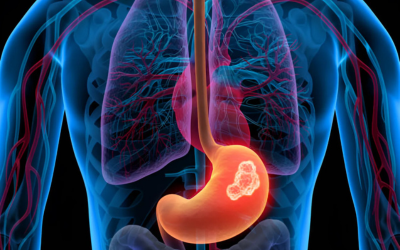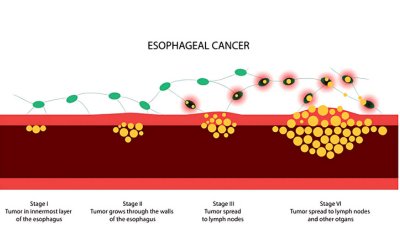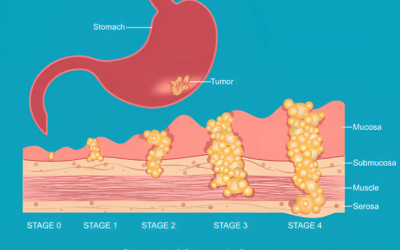
Esophageal and Stomach Cancer Treatment in Bangalore
Acidity, Indigestion & A feeling of food sticking in the throat. For many people, these symptoms appear harmless. But in some cases, they are the first signs of something far more serious — esophageal or stomach cancer. Unexplained weight loss, Anemia ( Low red blood cells) and it’s signs like easy fatiguability are red flags. Unlike other cancers that may show visible lumps or sudden changes, these cancers often remain hidden until they reach advanced stages. That is what makes timely detection and specialized care so critical.
At Solaris Cancer Center, patients receive esophageal and stomach cancer treatment in Bangalore with the latest diagnostic tools, precision-based therapies, and a strong focus on improving quality of life. Recognized as the best esophageal and stomach cancer treatment center in Bangalore, Solaris brings together personalized surgical & medical oncology under one roof to deliver comprehensive care. Radiation therapy is done at an associated outsourced facility in a low cost hassle-free manner.
As Dr. Manish Kumar, Founder and Chief of Medical Oncology, explains, “Advances in oncology have changed the outlook for esophageal and stomach cancers. Targeted therapies and Immunotherapy has come in a big way which has changed the survival outlook completely. With modern therapies, what was once considered untreatable can now be managed effectively.”
With over 25 years of experience in treating complex cancers, Dr. Kumar combines medical excellence with compassion and personalized care, ensuring patients receive not only advanced treatment but also unwavering support throughout their journey.
What is Esophageal and Stomach Cancer
Both esophageal and stomach cancers begin in the digestive tract but affect different organs.
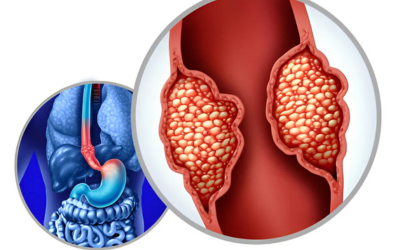
Esophageal Cancer
This cancer starts in the esophagus, the tube carrying food from the throat to the stomach. It often develops in the cells lining the esophagus and is more common in men. Chronic acid reflux, smoking, heavy alcohol intake, and obesity are significant risk factors.
Cancer in the upper & middle esophagus are of squamous cell in nature whereas lower esophagus cancers resemble stomach cancers in nature and are primarily adenocarcinoma.
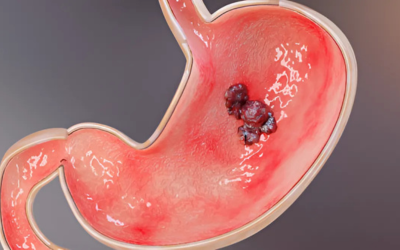
Stomach Cancer (Gastric Cancer)
This cancer originates in the stomach lining. While it can develop anywhere in the stomach, it most commonly arises in the glandular cells. Risk factors include Helicobacter pylori infection, diets high in smoked or processed foods, family history, and long-standing gastritis.
Both types share a dangerous trait — symptoms such as heartburn, indigestion, or bloating can be easily dismissed, delaying diagnosis. When detected early, these cancers are far more treatable.
Stages of Esophageal and Stomach Cancer
Stage 0
Abnormal cells are present only in the innermost layer of the esophagus.
Stage I
Stage II
Stage III
Stage IV
Advanced disease where cancer reaches distant organs such as the liver or lungs.
Stage 0
Stage I
Stage II–III
Stage IV
Metastasis to distant organs like the liver, lungs, or bones.
Treatment Options Available at Solaris Cancer Center in Bangalore
Available treatment options include:

Surgery
Often the first line of approach whenever possible.
o Esophagectomy – removal of part of the esophagus, often combined with reconstruction.
o Gastrectomy – removal of part or the entire stomach.

Chemotherapy
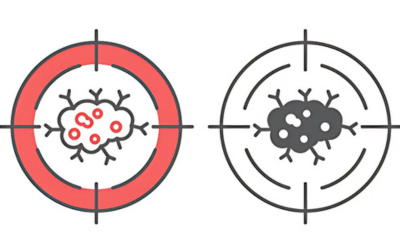
Targeted Therapy
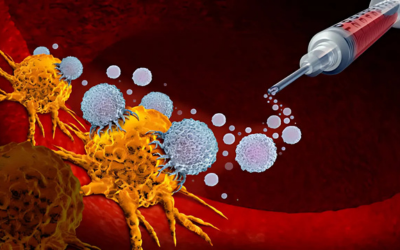
Immunotherapy
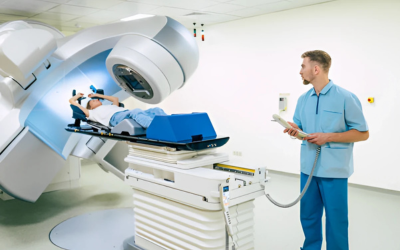
Radiation Therapy

Palliative Care Treatments
Why Choose Solaris Cancer Center for Esophageal and Stomach Cancer Treatment in Bangalore
When facing cancers as complex as those of the esophagus and stomach, patients need more than standard care. Solaris offers:
Complete care under one roof
From advanced diagnostics to surgery, chemotherapy, radiation, and rehabilitation.
Expertise you can rely on
Modern therapies
Access to immunotherapy, precision oncology, and targeted treatments.
Multidisciplinary teamwork
Patient-centered approach
Affordability with excellence
Life After Treatment
Nutritional guidance
Physiotherapy and exercise plans
Psychological counseling
Survivorship programs
Palliative support when needed
Frequently Asked Questions
1. What are the first signs of esophageal cancer?
2. What is the survival rate for esophageal cancer?
Survival depends on the stage at diagnosis and treatment received. Early detection significantly improves long-term outcomes.
3. What lifestyle changes help recovery after treatment?
Balanced diet, avoiding tobacco and alcohol, maintaining a healthy weight, and regular physical activity all aid recovery.
4. Can diet help in preventing stomach cancer?
Yes, eating more fresh fruits, vegetables, and whole grains while cutting back on smoked and processed foods lowers risk.
5. What is palliative care for esophageal and stomach cancer?
Palliative care focuses on improving quality of life by relieving symptoms like pain, difficulty swallowing, or nausea, especially in advanced stages.
6. Can esophageal or stomach cancer come back after treatment?
Disclaimer: The information shared in this content is for educational purposes and not for promotional use.

